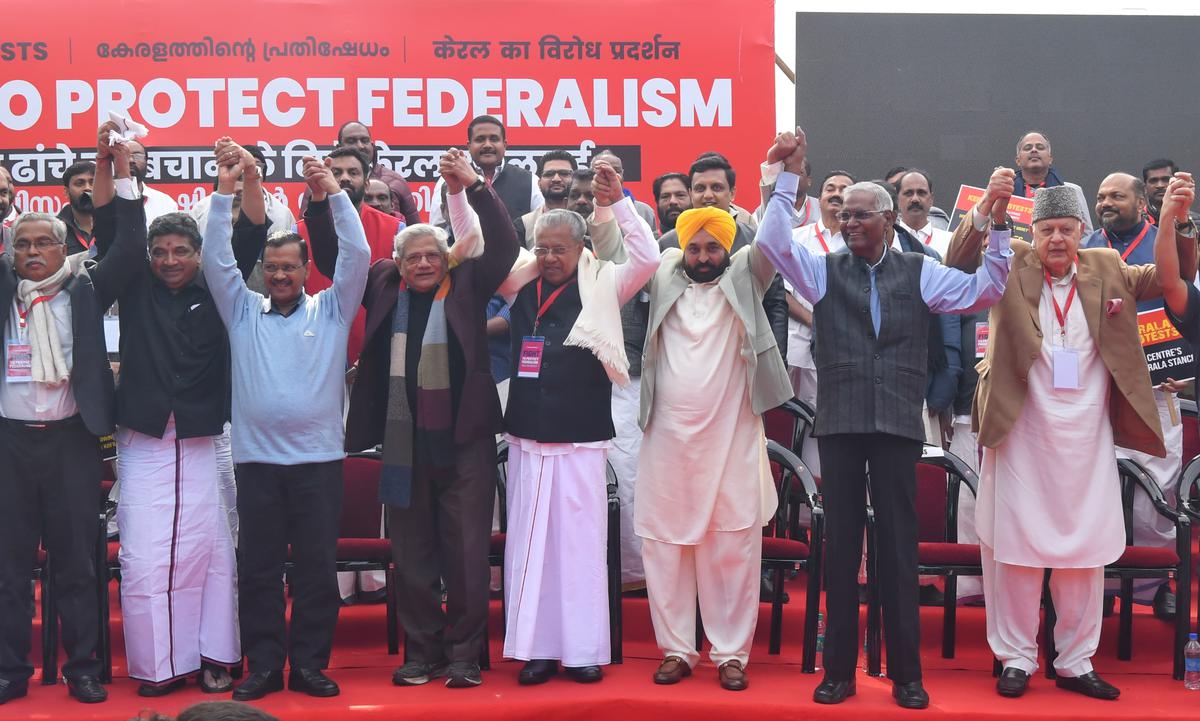In a significant move to combat the rising incidence of post-COVID heart attacks and sudden cardiac arrests, AIIMS Delhi has embarked on a mission to train its entire staff in Cardiopulmonary Resuscitation (CPR). This initiative not only equips healthcare professionals but also empowers laypeople with life-saving skills, fostering a culture of preparedness and proactive intervention in emergencies. The collaboration between AIIMS Delhi and the Indian Resuscitation Council Federation (IRCF) underscores a collective commitment to enhance emergency medical care and promote heart health awareness across the nation.
A Comprehensive Approach to Emergency Response:
CPR training at AIIMS Delhi encompasses all staff members, including doctors, paramedics, security guards, and sanitation workers. Recognizing the critical role each individual plays in emergency response, the institute aims to ensure that everyone is well-prepared to handle cardiac emergencies effectively. With courses tailored to suit India’s cultural and socioeconomic context, AIIMS Delhi sets a precedent for comprehensive emergency medical training in healthcare institutions.

Addressing Post-COVID Complications:
The emphasis on preventing heart attacks, especially among individuals recovering from severe COVID-19 infections, reflects a proactive approach toward addressing post-pandemic health challenges. Union Health Minister Mansukh Mandaviya’s recommendation to avoid strenuous activities following COVID-19 recovery aligns with AIIMS Delhi’s preventive stance. By prioritizing heart health during the recovery process, the institute aims to mitigate the risk of cardiac complications and improve patient outcomes.
Evidence-Based Interventions:
The recent Indian Council of Medical Research (ICMR) study highlighting the link between severe COVID-19 cases and an increased risk of heart attacks underscores the importance of evidence-based interventions in promoting heart health. Leveraging research findings to inform public health recommendations, policymakers, and healthcare providers can effectively address emerging health threats and safeguard the well-being of the population.
Raising Public Awareness:
Despite increasing literacy rates, heart attacks and cardiac arrests remain prevalent in India, affecting thousands of lives each year. Reports indicate that about 4,280 people out of every 1 lakh suffer from cardiac arrest annually, with a mortality rate exceeding 53%. The short window between cardiac arrest and death underscores the critical importance of immediate intervention. With 80 to 82% of cardiac arrests occurring outside hospitals, public awareness and CPR training become imperative in saving lives.
The Role of CPR in Saving Lives:
CPR, or Cardiopulmonary Resuscitation, is a lifesaving technique that involves manual chest compressions and ventilations to maintain blood flow and oxygenation to vital organs during cardiac arrest. Administering CPR within minutes of cardiac arrest significantly improves the chances of survival. However, the lack of widespread CPR training poses a significant challenge in emergency response efforts.
The Lancet Commission on Sudden Cardiac Death:
In response to the escalating burden of sudden cardiac deaths (SCDs), The Lancet, a renowned international journal, formed a Commission on Sudden Cardiac Death. The Commission’s findings emphasize the need to engage communities as active partners in responding to SCA and maximize bystander CPR to improve survival rates. With an estimated 5-6 lakh people dying annually in India due to sudden cardiac deaths, urgent action is needed to raise public awareness and disseminate CPR training.
Empowering Communities with CPR Training:
To address the pressing public health issue of sudden cardiac arrest, initiatives like the “Heart Savers – CPR Training for Healthy World” aim to improve public awareness and empower common citizens to respond effectively in emergency situations. By equipping individuals with CPR skills and providing access to automated external defibrillators (AEDs), communities can play a crucial role in saving lives and increasing survival rates.
In conclusion, AIIMS Delhi’s CPR training initiative represents a significant step towards strengthening emergency medical care and promoting heart health awareness. By empowering communities with life-saving skills and leveraging evidence-based interventions, we can mitigate the devastating impact of heart attacks and sudden cardiac arrests, ultimately saving lives and building a healthier society.
Discover more from The Doon Mozaic
Subscribe to get the latest posts sent to your email.



